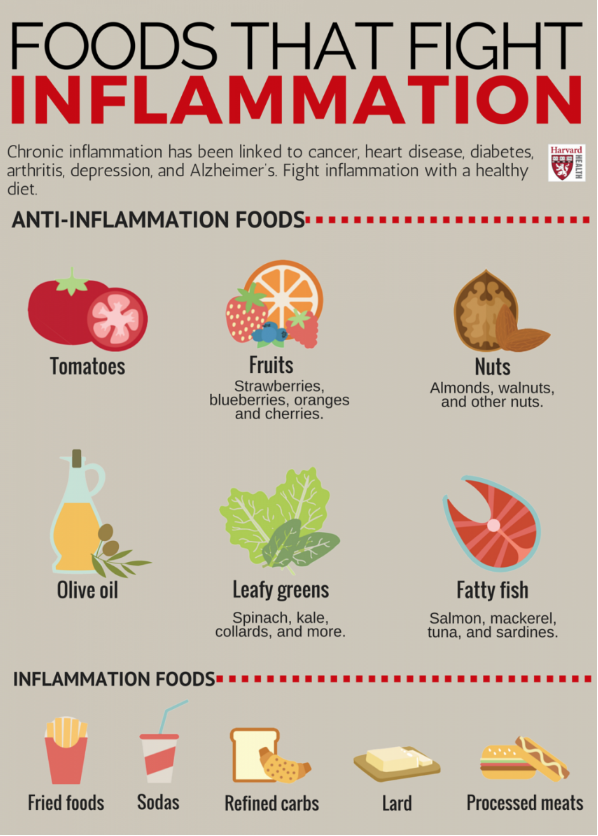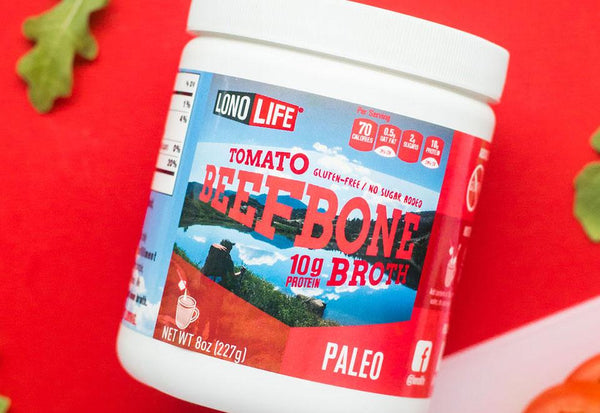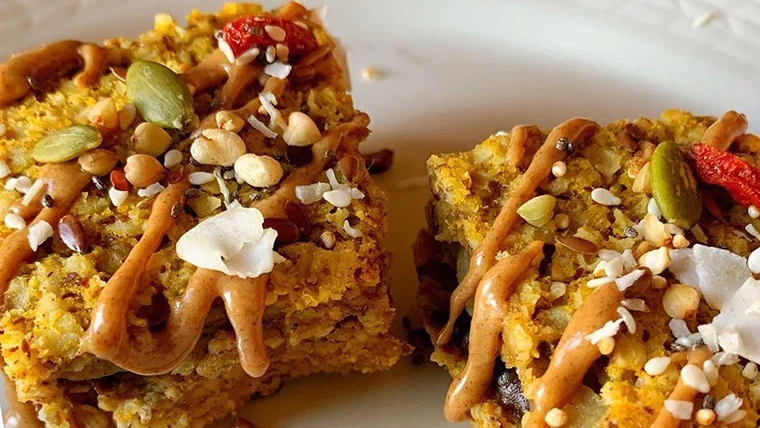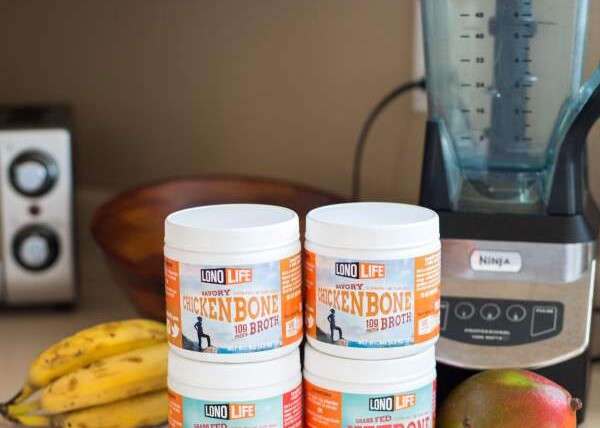- Chronic inflammation is bad for health
- Certain foods can either increase or decrease inflammation in the body
- Bone broth is an important element of an anti-inflammatory diet
You’ve probably heard the word “inflammation” thrown around a lot lately. Whether it’s in relation to the body’s response to COVID-19 or as an underlying factor in chronic disease, inflammation has been making headlines.
But what exactly is inflammation?
How can we keep our body’s inflammatory responses under control?
And what does diet have to do with it?
Good questions! Let’s explore.
INFLAMMATION 101
Inflammation is a natural response within your body when you are exposed to infection, toxins, or injury. You’re probably familiar with acute inflammatory responses such as redness, heat, and swelling when you’ve hurt yourself. But when inflammation goes on too long (which is known as chronic inflammation) it can cause health issues. In fact, “Chronic inflammatory diseases are the most significant cause of death in the world”, according to the WHO. Chronic inflammation is at the root cause of diseases such as diabetes, cardiovascular disease, cancer, arthritis, and allergies. That’s reason enough to take it seriously and see how we can reduce our own levels of inflammation, right?
WHAT CAUSES CHRONIC INFLAMMATION?
Smoking, obesity, sleep disorders, and diet can all contribute to inflammation. When it comes to diet, foods such as refined carbohydrates (think white pasta and bread), fried foods (we’re talking about you French fries!), sodas, red meat, and processed foods can all lead to an increased inflammatory state in the body. Seeing as those foods aren’t exactly on the “healthy” list, it’s not a bad idea to cut back on them anyway.
HOW CAN I FIGHT INFLAMMATION?

Image courtesy of Harvard Health Publishing
Just as some foods can contribute to chronic inflammation, other foods can help calm it. We call those foods anti-inflammatory foods. If you skip the pro-inflammatory foods and stick to the anti-inflammatory ones, you are essentially following an anti-inflammatory diet.
Examples of anti-inflammatory foods are fatty fish, nuts, healthy fats (such as olive oil and avocados), berries, leafy greens, bone broth and more.
But following an anti-inflammatory diet does so much more than just reduce your risk for chronic disease… It’s also helpful in improving mood and overall quality of life too, according to this article from Harvard Health Publishing. That’s what we call a happy bonus!
HOW DOES BONE BROTH FIT INTO AN ANTI INFLAMMATORY DIET?
Bone broth, such as our LonoLife Grass Fed Beef Bone Broth, Chicken Bone Broth contains amino acids — including glycine and arginine — that are known to have anti-inflammatory effects. It’s a great addition to any anti-inflammatory diet, as well as delivering multiple other benefits such as a wide range of vitamins and minerals and gut healing properties. Did we mention it’s totally delicious too?
So now you know what an anti inflammatory diet is, s it time to switch out those sodas for bone broth and processed meats for fatty fish? We say go for it!
LonoLife always recommends you consult your doctor before starting a new diet.


























